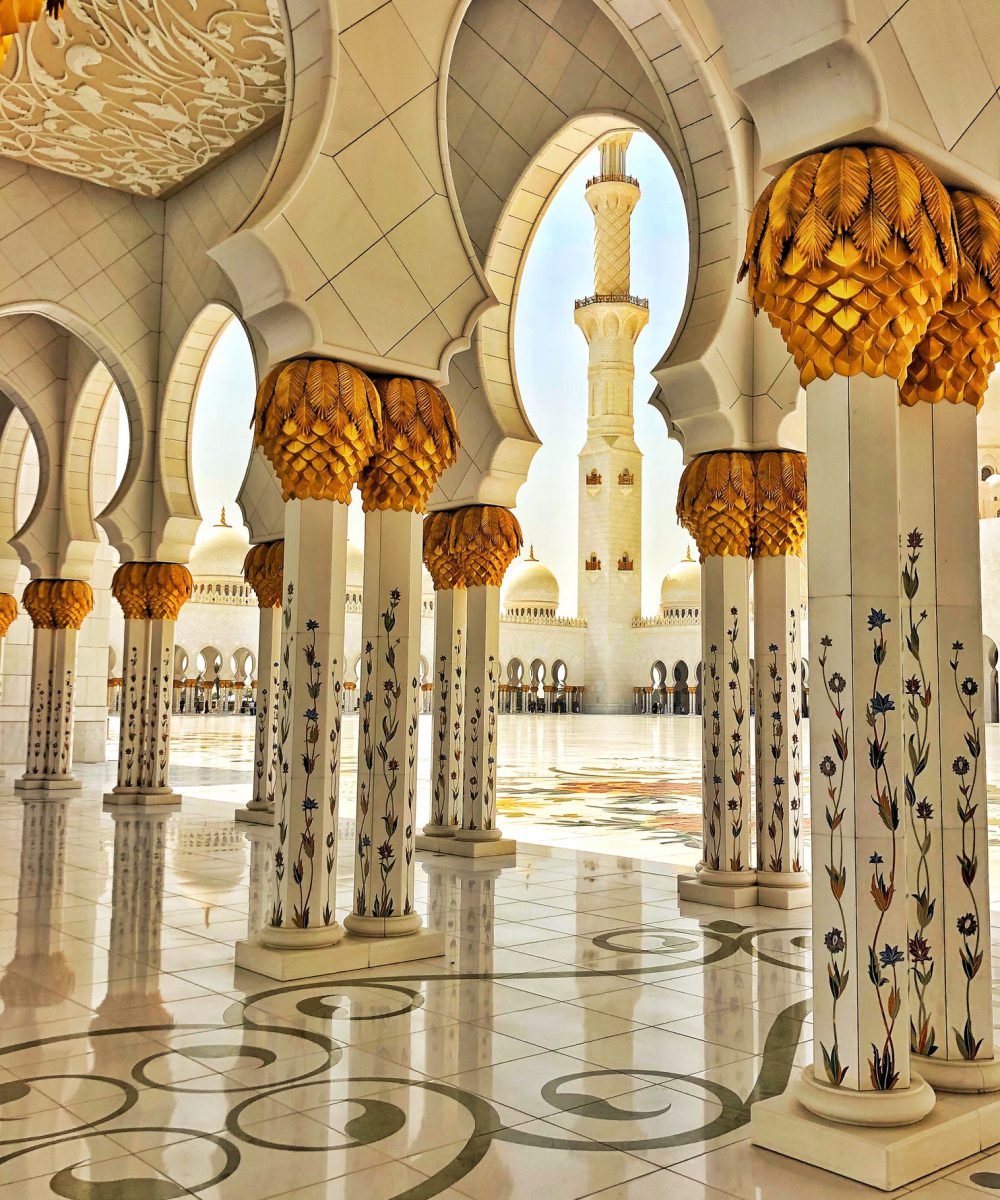Hajj (Pilgrimage): The Fifth Pillar of Islam
Hajj, the fifth pillar of Islam, is the sacred pilgrimage to the holy city of Makkah that every able-bodied Muslim with the financial means must perform at least once in their lifetime. It represents submission, unity, and devotion to Allah.
-
Performed in Dhul-Hijjah, the last month of the Islamic calendar
-
Ihram — state of purity and equality before Allah
-
Tawaf — circling the Kaaba seven times
-
Sa’i — walking between the hills of Safa and Marwah
-
Wuquf at Arafat — standing in prayer and repentance
-
Stoning the Jamarat — rejecting evil and reaffirming faith
Hajj renews faith, fosters humility, and symbolizes the unity of the Muslim Ummah. Millions of pilgrims from all nations and backgrounds gather as equals before Allah, dressed in simple white garments, seeking forgiveness and mercy.

Purpose of Hajj
The pilgrimage is a journey of spiritual purification, repentance, and renewal. It teaches equality, sacrifice, and total submission to Allah, reminding Muslims of the Day of Judgment when all will stand equal before their Creator.
Who Must Perform Hajj?
Every adult Muslim who is physically fit, financially able, and has safe passage must perform Hajj at least once in their lifetime. It is not obligatory for those who are unable due to health, financial, or safety reasons.
Main Rituals of Hajj
Key acts include entering Ihram, Tawaf, Sa’i, standing at Arafat, spending the night at Muzdalifah, stoning the Jamarat, and offering a sacrifice. Pilgrims then shave or cut their hair and perform a farewell Tawaf before departing.
After Hajj
Completing Hajj is a deeply transformative experience. The Prophet ﷺ said: “Whoever performs Hajj and does not commit any obscenity or wrongdoing will return as free from sin as the day his mother bore him.” (Bukhari & Muslim)